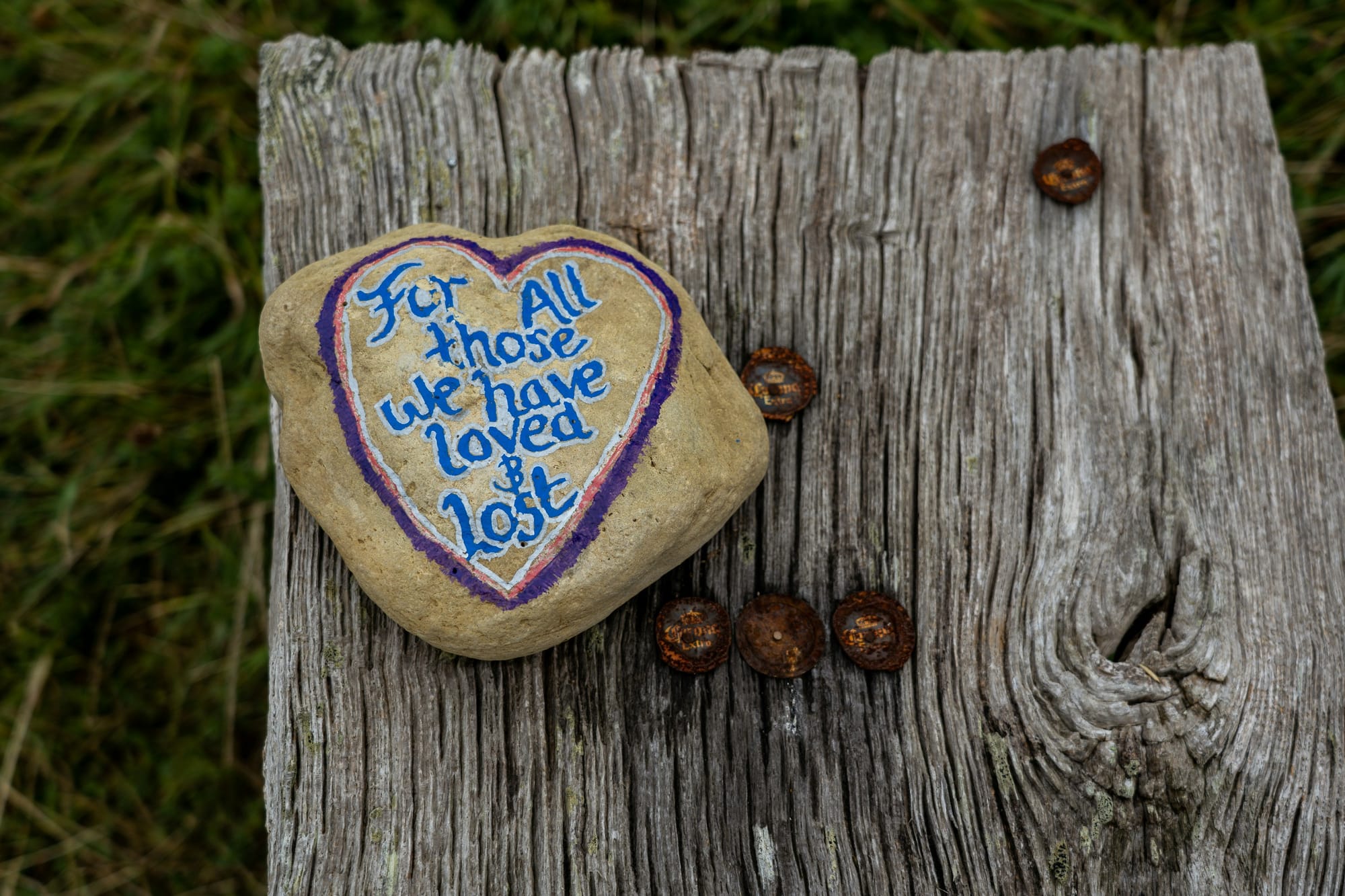Photo by Nick Fewings
Grief is as unique as a fingerprint — shaped by culture, language, personal history, and the circumstances of loss. From one country to the next, from one person to another, we all carry it differently. But underneath that complexity lies a haunting question:
Will it always feel like this?
Before we attempt to answer that, let’s first understand what grief is.
According to Merriam-Webster, grief is defined as: Deep and poignant distress caused by bereavement.
Grief, at its core, is about disruption — a rupture in the story you thought you were living. And while the modern usage focuses on mourning, the deeper roots point toward something more: the sense that something is wrong, unfair, and deeply painful.
When someone we love dies, that rupture often feels like shock, like a surreal disbelief or quiet scream that never leaves the chest. Depending on the circumstances, grief may come mixed with relief — perhaps the person had been suffering from a long illness — or perhaps mixed with rage, shame, or even a complicated sense of freedom if the deceased caused harm in their life.
Grief, though, is not limited to death.
We grieve the end of friendships, marriages, careers, homes, identities, and dreams. We grieve a diagnosis that shifts the future we imagined. We grieve when a limb is lost, when Alzheimer's takes a loved one piece by piece, when a fire or war or eviction erases our sense of safety. We even grieve our own past selves. Grief doesn’t ask permission — it simply arrives.
And when it does, it reorders everything.
If an older sibling dies, does the middle child become the eldest? If both parents die, does the eldest child become a parent? If a parent loses their only child, are they still a parent?
These are not just semantics. These are identity crises wrapped in mourning.
And depending on how someone dies, the world may try to invalidate your grief. As if certain losses are more acceptable to mourn than others. As if some pain is easier to digest. That, too, can be a source of grief.
So, will grief always feel like this?
The only honest answer is: that’s for you to decide.
For some, the answer is yes. It will always ache. For others, the answer is no. Grief can shift — not disappearing, but transforming.
In response to their grief, some people build legacies in memory of those they’ve lost. Some bury their pain under productivity. Some feel nothing for a long time before feeling everything. There is no single roadmap, because grief lives in the body, not just the mind. Grief doesn’t move in straight lines.
As trauma expert Dr. Gabor Maté says: “Trauma is not what happens to you. Trauma is what happens inside you as a result of what happened to you.”
If the loss is what happened to you, then grief is what lives inside you in response to it.
My own grief began with a car accident I was in more than 20 years ago. My sister Stacy died in that crash. In the early days, I was in a complete fog of grief. There are still moments when the grief returns like a wave I didn’t see coming. But there are more days now when I can breathe, when I can remember her with presence instead of only pain.
Grief hasn’t left me — but it no longer controls me. It’s become part of my rhythm, like a beat I move with instead of against.
And that’s why I believe that it doesn’t always have to feel like this.

But what about when the grief isn’t just personal?
What about the collective grief we carry?
The grief of a global pandemic that took millions. The grief of seeing anti-trans legislation strip away human rights. The grief of mass deportations — including U.S. veterans who served their country, only to be discarded by it. The grief of systemic racism, school shootings, rising suicide rates, environmental collapse…
This kind of grief isn’t just personal — it’s political. It’s cultural. It’s spiritual. And it can feel paralyzing.
But here’s the hope: Collective grief can become collective action.
When we witness each other’s pain, when we name what’s been lost, when we refuse to turn away, that’s when we begin to transform not just ourselves, but the world we live in.
Whether it’s marching, voting, holding space, or simply telling the truth, grief can move us toward something. Not away from it. Not above it. But through it.
So no, grief doesn’t always have to feel like this forever.
Grief can change when we grieve together, allow our pain to soften us instead of harden us, and remember that grief is not the end of the story.
Grief is the evidence that love is real. It is the beginning of something new.
Stephen Stott is the founder of Embrace The Darkness LLC, where he helps people find themselves underneath their grief, where they don't even have to talk about it. Find more at www.EmbraceTheDarkness.org

